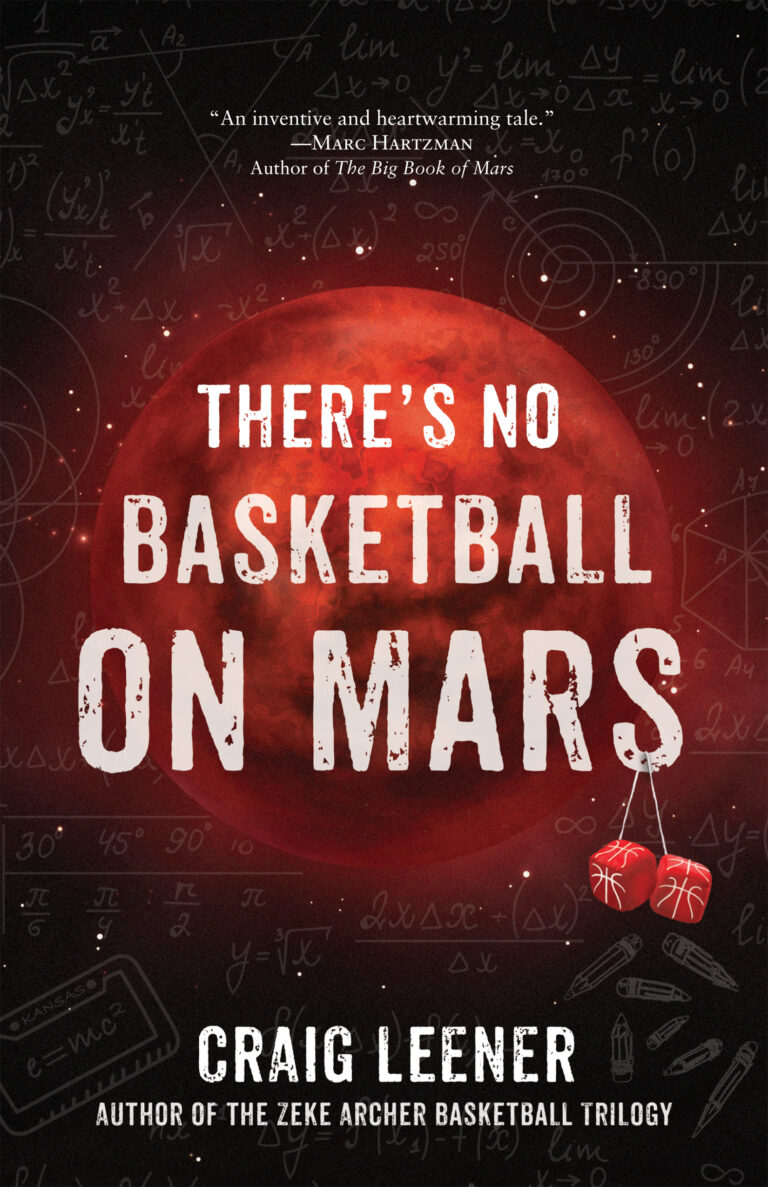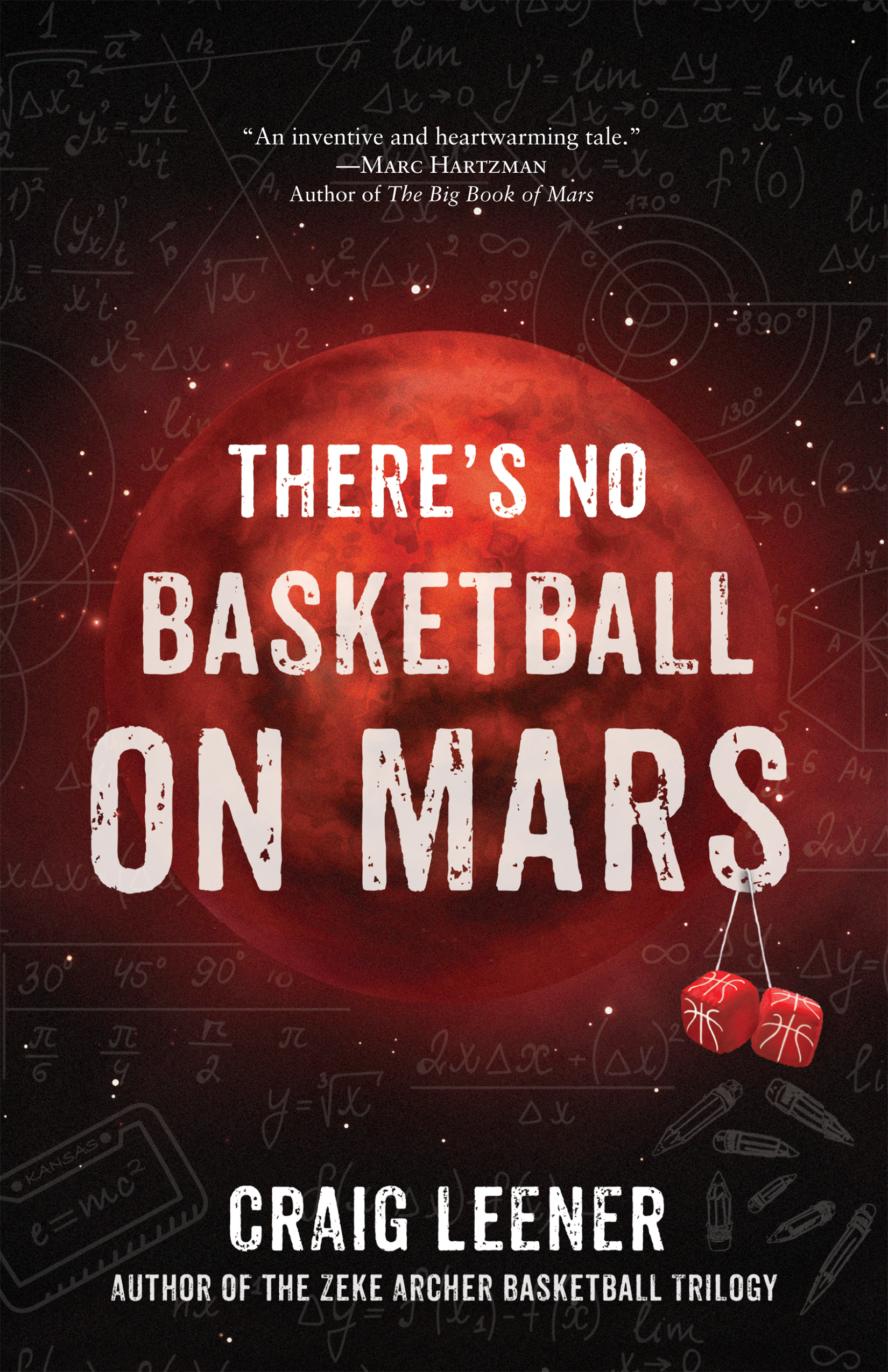Lawrence Tuckerman, Craig Leener’s protagonist in THERE’S NO BASKETBALL ON MARS, is a fascinating character to wrap the tale around. As a boy diagnosed with both autism spectrum disorder and savant syndrome, he brings elements of both novelty and empathy to the first-person narrative. His voice, often trumped by his brain’s feverish impulses, takes on an endearing, complex, and highly informative aspect, turning the reading experience into a study of the human condition. What’s more, Lawrence’s goal is established early on, as are the challenges keeping him from achieving self-fulfillment. And so, a new system of navigation is called for, both in relation to the world and the people laying down its limitations. This leads to decidedly slow progress through the pages of the book. Circuitous conversations and endless distractions keep pulling the reader back to the same events, forcing a shade of madness to color the most patient facade. And yet, this is precisely where the brilliance of the text lies. Leener demonstrates the infuriation that stems from Lawrence’s thought patterns by creating a world that mimics the boy’s caged urges. The tyranny of emotion, ricocheting thoughts, and a “twitching brain” all come together to demand a shared experience. It’s a phenomenal tactic, and one that forces sympathy where dispassion may have reigned. On top of that, to alleviate the intensity of Lawrence’s daily struggles, the author parcels the story into short, digestible chapters.
What emerges from this is a desire to belong to the world on one’s own terms. Though he recognizes his perceived anomaly in people’s eyes, Lawrence notes that what they tiptoe around is, in fact, his own state of normalcy. Most of the characters he comes across not only fail to grasp his peculiarities, but outright condemn them. Though grating, this treatment highlights the loving relationships that he has managed to sustain, particularly the one he shares with his dad. The story itself is a little far-fetched, but it acknowledges this every step of the way. In fact, the age and inexperience of the kids sent out to space become the subject of one adult’s derisive orations aboard, leaving young readers with the clear message that motivation has to come from within. Likewise, relaxing the structure of the external world so that it allows for every possibility creates a pleasant contrast to the firmness of Lawrence’s reasoning.
The one area where the story stumbles is its language. Understandably, since it mirrors Lawrence’s no-nonsense approach to all things tangible and abstract, the text is highly analytical. And, aside from the scientific terms that keep cropping up, Lawrence’s thoughts are not framed in the usual manner of a boy his age. Though justified by his savant syndrome diagnosis, this may leave the intended reader somewhat withdrawn from the story. What’s left is a slight dissonance between the demanding vocabulary and the playful subject matter, such as in the case of “working tangentially”. Nevertheless, if the young reader persists, he’s sure to find a hopeful message at the end; one worth the challenge.
In THERE’S NO BASKETBALL ON MARS, Craig Leener presents an autistic boy’s search for fulfillment and the resultant reinvention of the self. With the striking chaos of the external world reflecting Lawrence’s anxieties, the novel serves as a superb lesson in how to draw sensation from the reader, and leave him all the richer for it.
~Neil Czeszejko for IndieReader


